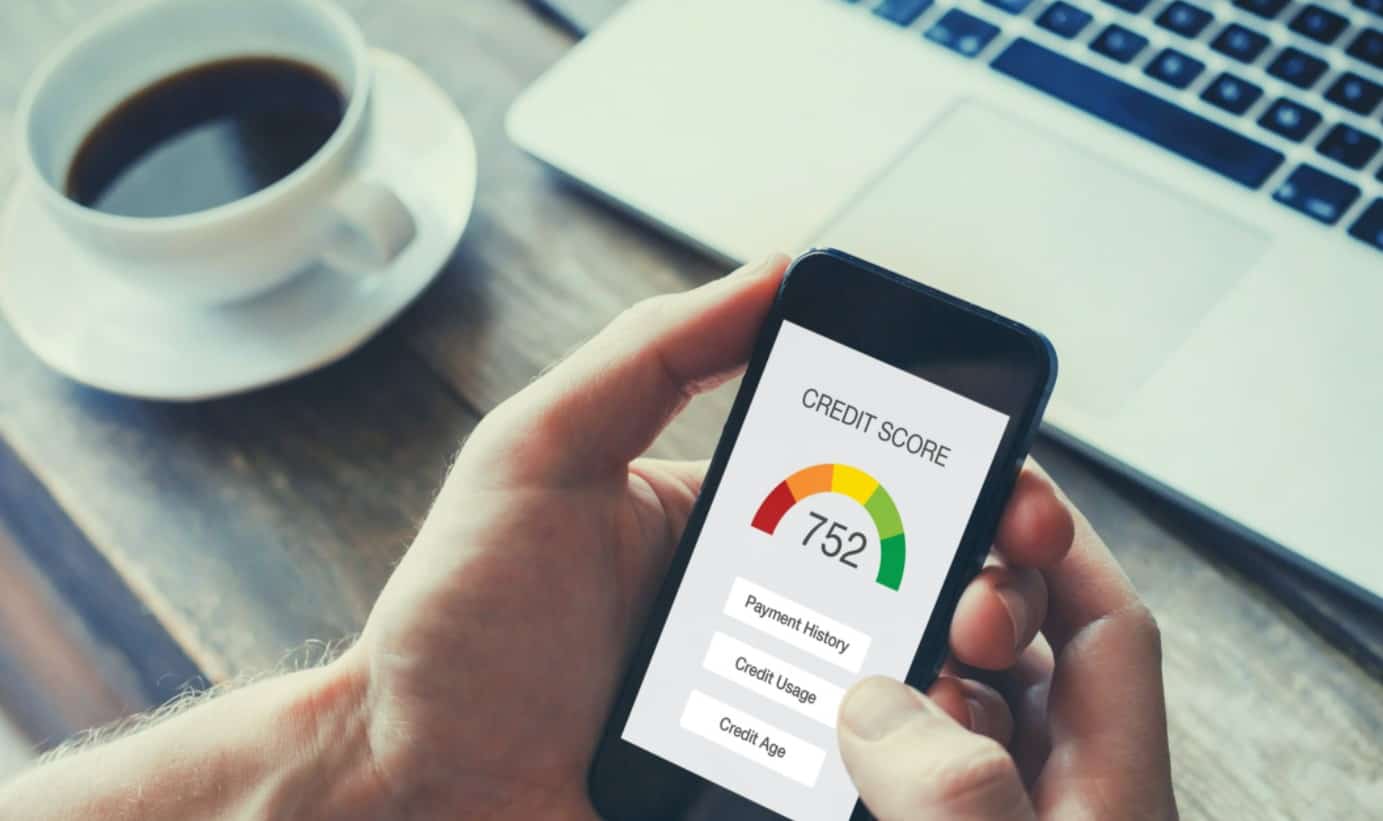Many people either have experienced credit card debit or know someone who has.
Having a large amount of credit card debt can severely damage your credit score.
The average Michigander has $5,400 in credit card debt. That in itself is a problem. But what many of us don’t know is that the higher your credit score is, the more damage you are doing to your future ability to get a loan for the important stuff like a mortgage or a car loan.
An average credit score for a Michigan resident is 706, which is pretty good considering the worst score is 300. A perfect score is 850.
Knowing your credit score is half the battle, says U.S. News Credit Card Expert Beverly Harzog.
“Credit is intuitive,” Harzog said. “You really have to make an effort to just sit down and learn the basics, and then you can make your credit cards work for you instead of the other way around.”
Equifax, Experian, and Transunion are three credit bureaus that create your credit score by looking at your on-time payment record, credit utilization, how long you’ve recently opened new credit lines, and your debt mix.
“Four out of 10 thought that a higher credit card balance would be a higher credit score, and the opposite is, in fact, true,” Harzog said. “You want to keep your ratio under 30%, and it really wants to boost your score in a hurry and keep it under 10%.”
On-time payments account for 35% of your score. Utilization is 30%, credit length accounts for 10%, new credit lines 15%, and your credit mix is 10%.
This year, saying yes to that big-box retailer credit card can damage your credit score.
“I want to warn people that with a retail card, sometimes the APR is really high, so you want to take a look at that,” Harzog said. “Of course, I always say never carry a balance.”
Harzog has this great tip to get on the road to eliminating that debt and helping your credit score at the same time. Call your credit card company and ask when they report your information to the credit bureau to make two payments before that date, and you can see your credit score start to perk up.

